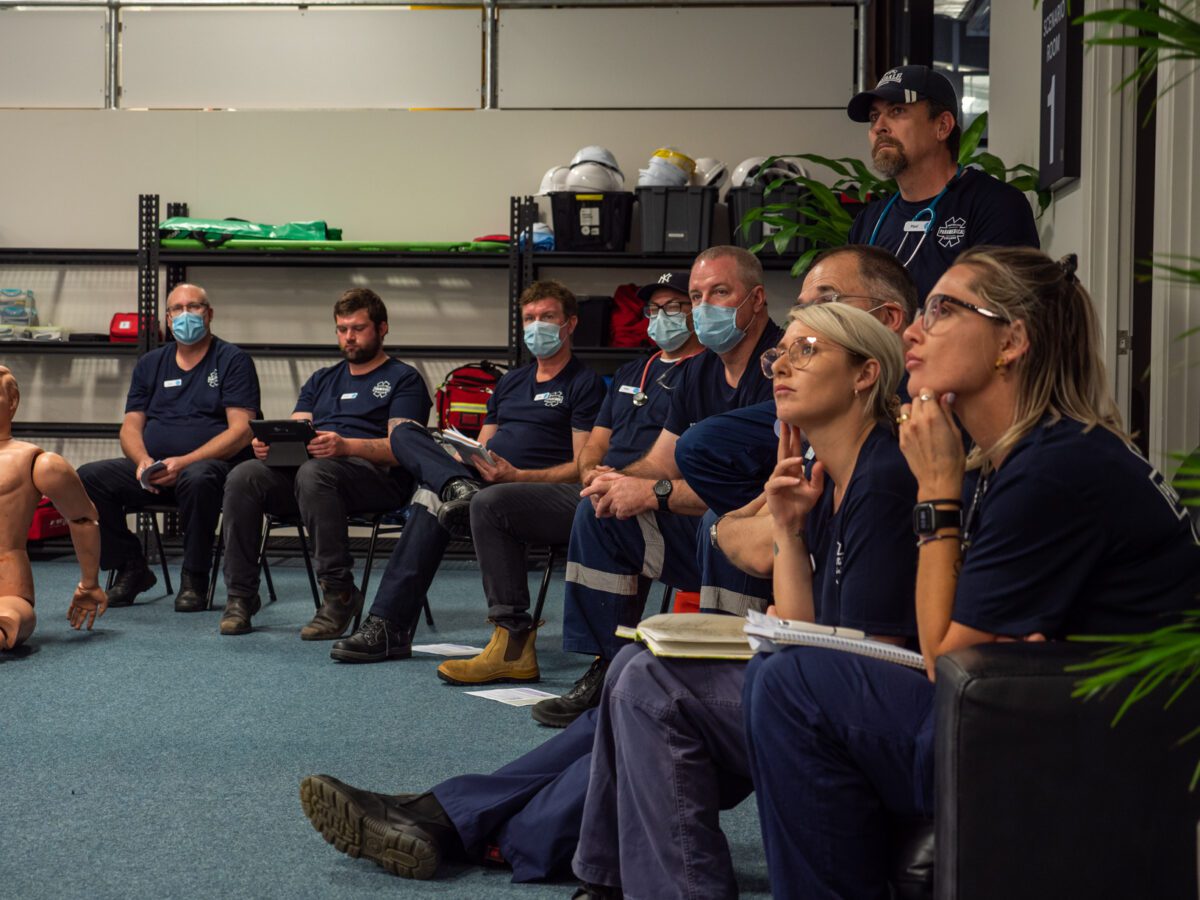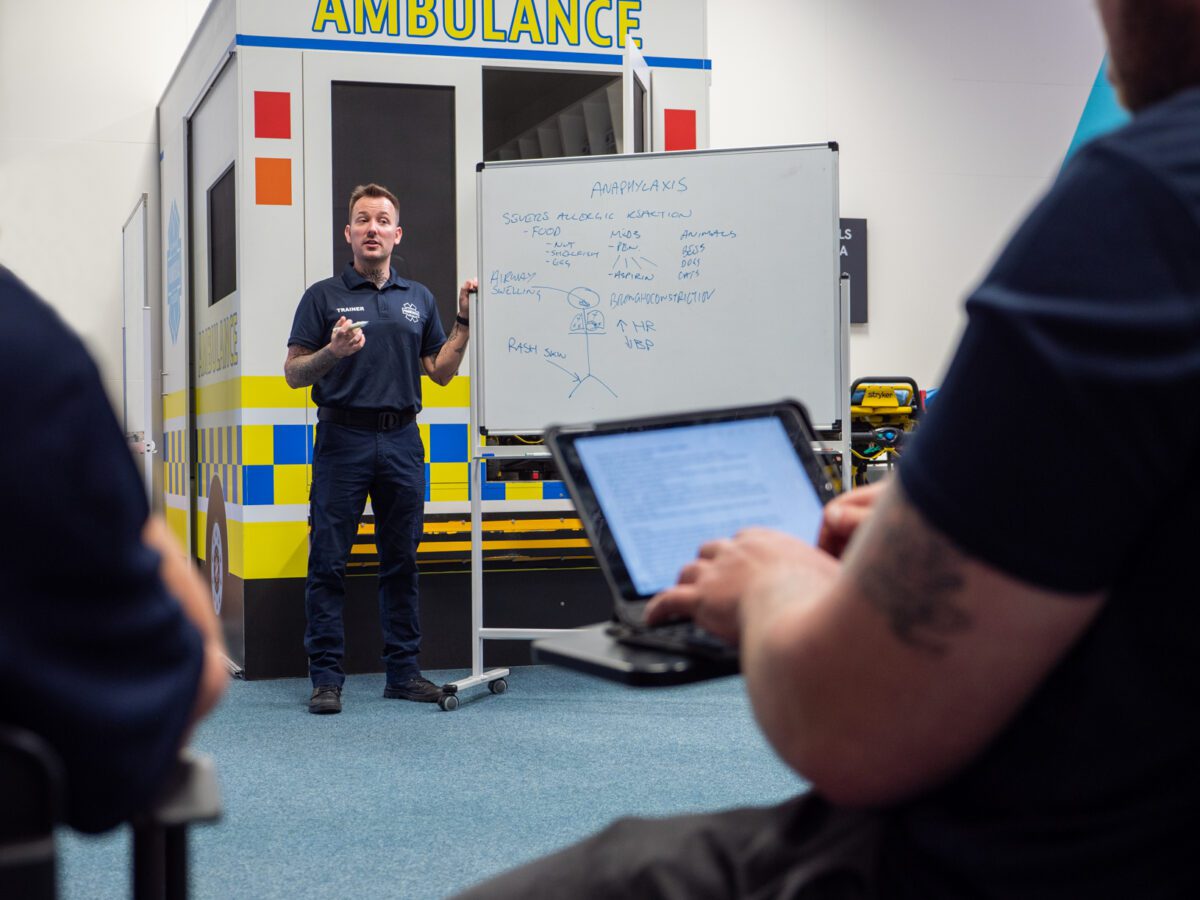Modern medicine has enhanced significantly over the last three centuries, whether it is the discovery of penicillin in 1928, the development of anaesthesia in the mid-19th century, the first successful organ transplant in 1954 or the introduction of nitrogen mustard as a chemotherapy drug – there is no denying that modern medicine has changed the world as we know it.
As progressive as it may be, there is always room for improvement.
If you have been following the news, AI has been making significant power moves as of recent. Despite being around for decades, recent advancements in computing power and data processing capabilities have led to a significant increase in the availability and adoption of AI technologies.
With this growth, the next generation of AI has been breaking new ground in healthcare, facing challenges, and revolutionising the healthcare industry to allow for more personalised patient connections between practitioner and patient.

Microsoft and Nuance have recently joined forces to announce the first fully AI-automated clinical documentation application for healthcare. This partnership is expected to ‘reduce administrative burden and empower clinicians to spend more time taking care of patients and less time on paperwork.’. It is called Dragon Ambient Experience (DAX) Express.
Whilst this may not seem like much to an outsider of the healthcare industry, studies have shown that doctors can spend over two-thirds of their time completing paperwork. Additionally, a study by Justin Porter, Assistant Professor of Medicine found that primary care doctors would need more than 24 hours a day (26.7 hours total) to provide the recommended level of care for an average number of patients.
DAX Express is expected to be able to:
-
-
- Alleviate workplace burnout
- This new technology is presumed to reduce the amount of time spent on paperwork to focus on more direct patient care. This, in turn, will result in better job satisfaction and lessen the chance for burnout.
- Alleviate workplace burnout
-
- Better support operations
- The technology will be able to lessen the paperwork completed, resulting in a better flow of reporting, decision-making, and more allowing for a more streamlined approach.
- Better support operations
-
- Improve adherence
- This technology is expected to consider patients’ medical history, lifestyle, genetic factors and more to allow for better-personalised treatment plans for patients.
- Improve adherence
-
- Increase access to care
- Less time on paperwork can result in more time with patients. It is expected that this automation can allow for an additional five appointments on average at Clinics.
- Increase access to care
-
- Better patient engagement
- With technology, patients can be provided with quick and accessible information which can trigger more seamless patient interactions.
- Better patient engagement
-
Microsoft and Nuance’s DAX Express is a prime example of how technology can help reduce administrative burdens and alleviate workplace burnout. As AI continues to advance, we can expect more exciting innovations that will change how healthcare is delivered.

Become part of the next generation of healthcare practitioners through the guidance of APC and our nationally accredited courses. The sky is the limit so start now!